Warning: This post contains flashing images.
Definitions of Obedience
Compliance with an order, request, or law or submission to another's authority.
Source: Oxford Dictionary
Doing, or willing to do, what you have been told to do by someone in authority.
Source: Cambridge Dictionary
Hi Everyone,
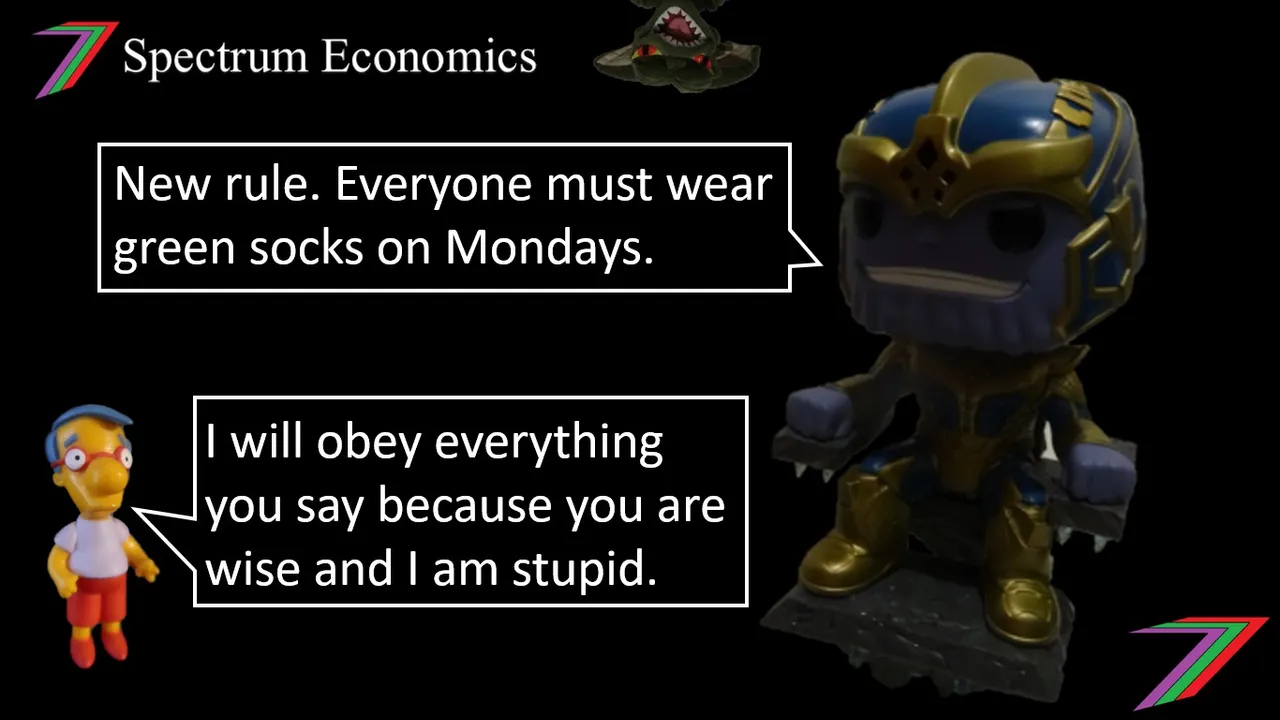
Today I am returning to my dark side series. In this post, I want to discuss ‘obedience’. This is a very interesting topic as the world operates largely as a system of obedience. It is also a very important topic because obedience is the greatest tool to achieve the enslavement of people. There are not many truly evil people in the world but acts of evil can become exceedingly wide spread because of the existence of chains of command and people’s unwillingness to disobey authority.
The cost of obedience
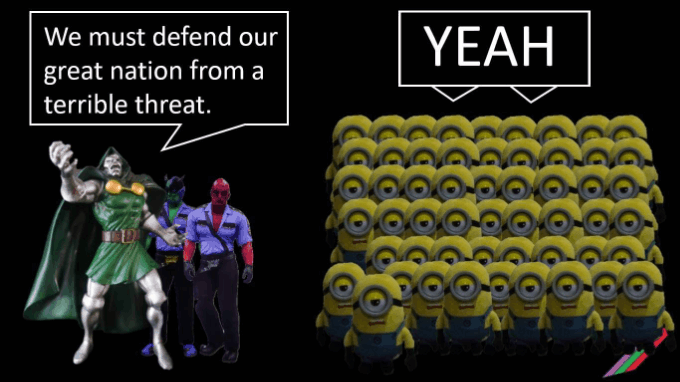
The cost of obedience is basically all the major human atrocities that have ever happened. Every act of genocide in human history has occurred because people have obeyed some form of ‘higher authority’. Table 1 is a list 15 cases of extreme genocide.
Table 1: Genocide
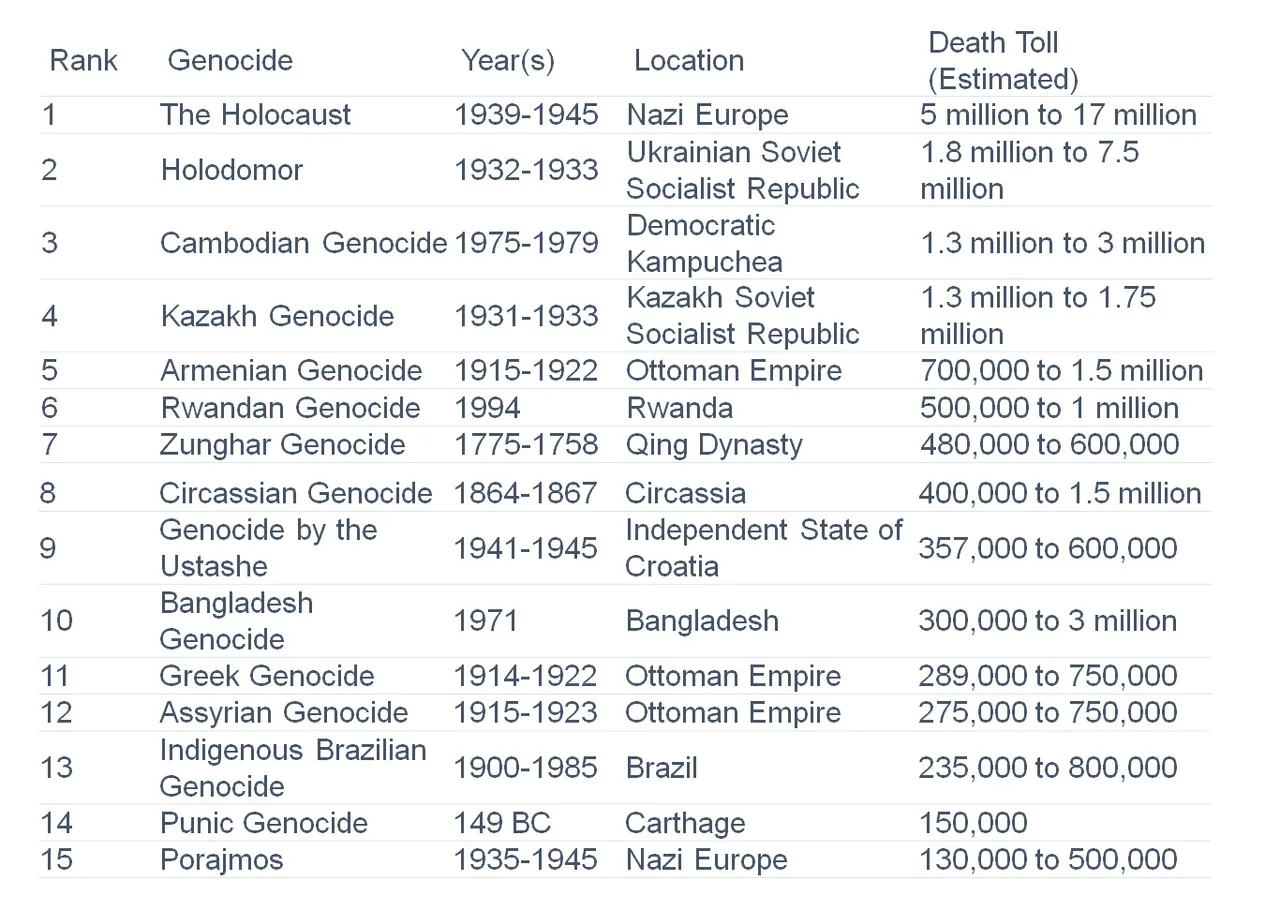
Source: worldatlas.com
The extent of the slaughter is only possible because the slaughterers are obeying commands from people higher up in the chain of command. The people giving the commands are obeying people higher up than them. This continues until we reach just a very small group of truly evil people. These people could do close to nothing, if it wasn’t for all those in the chain below them just obeying orders.
Every war in human history has been possible because people obey other people. Who actually wants war? Almost every war starts because of greed and/or ambition. Somebody wants more power or wealth. War can be very profitable. This is particularly true when the people benefiting from the war are not paying for it. War is typically funded by tax revenue or debt. Ultimately, it is the people paying for the war. Young men fight wars but they have no say in declaring them. The people declaring war neither financially pay nor fight in the war. Yet most of these people stand to gain both financially and politically.
How is this all possible?
People obey others for many reasons. The key reasons are fear and brainwashing. Some people obey because if they do not, they will be punished. However, I believe brainwashing plays an even bigger role than fear. Brainwashing can occur in many different ways. There are the direct lies and deception. There is the influence of culture and way of life. There is also blind loyalty for any particular reason.
Obedience from an early age

Obedience appears to be one of the first things introduced into a person’s life. Parents tell their children what they should or shouldn’t do. Schools tell children what to do and when to do it. Rules are quickly established as a way of life. Children that do not like the established rules rebel by following someone else’s rules. They might form little gangs which results in following yet more rules. This leads to young people becoming dependent on others to determine how they should live their lives. This stumps a young person’s own individuality and makes them more susceptible to obeying others with very little question.
Law
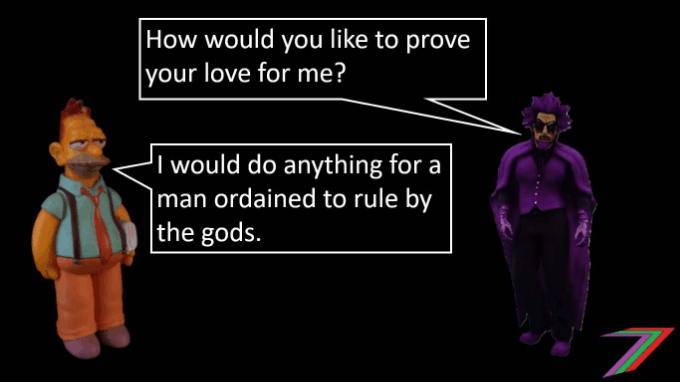
The law is fundamentally about forced obedience. If a person does not obey the law, they are punished. Punishments include imprisonment, financial penalties, execution, non-fatal physical punishments and any other punishments the Government/authority permits. The law can be summarised as ‘do as I say or face the consequences’.
Fear greatly contributes to obedience of the law. However, the biggest factor to achieving obedience to the law is the belief that the law defines what is right and wrong or good and bad. Many believe disobeying the law makes somebody a bad person. Many believe a criminal should be punished and that punishment is justice for committing the offence. ‘Justice’ is an act of revenge committed on your behalf by an authority.
There are many reasons someone could be causing harm to others. Almost none of those reasons can be addressed by throwing them in prison; this is clearly demonstrated by the very high number of repeat offences. It is not very difficult to find statistics that indicate over half of convicted criminals return to prison within a very short time. According to the National Institute of Justice, based on data from 2005, 68% of released prisoners are arrested within 3 years, 79% within 6 years, and 83% within 9 years. The above numbers are for the United States of America, which has a very high percentage of its population in prison. Approximately 0.66% of the America population are behind bars (CNN); that is approximately 2.2 Million people. If the prison population were a city, it would be the fifth largest city in the USA. If the Government really wanted people to stop hurting each other, they would focus on the source of the problems; this is a discussion for another post.
Religion

So many mainstream religions push the importance of obeying some form of higher entity. Disobedience of this entity will result in some form of nasty consequence in either this life or another life/afterlife. Some religions, in part, push obedience with the promises of some great afterlife and reward from the higher entity. Religions have a key influence on a very large percentage of the world’s population. Thus, religion can serve a very powerful instrument in controlling people and obtaining obedience.
I have a Christian religious background. I am familiar with quite a few different Christian scriptures. I was first introduced to the scriptures from the Bible. Obedience is a core theme in many of the bible scriptures. Most of the churches I went to heavily focused on Bible scriptures. Many of these churches focused more on the Old Testament than the new. The Old Testament is more heavily focused on obedience than the new.
I made an effort to investigate alternative Christian scriptures, i.e. the ones that didn’t make the cut for the Bible. For those of you not familiar with Christianity, the Bible is not the complete anthology of all Christian scriptures. The Bible is a collection of scriptures that align with the beliefs of a few priests that wanted to create a unified Christianity (The Bible was not created completely out of malevolence as the Romans were hitting the Christians hard; a unified Christianity is a logical defence). The alternative scriptures also known as gnostic scriptures/gospels focus less on obedience to a God but the acquisition and seeking of knowledge. These scriptures emphasise action through understanding rather than obedience and submission.
I have not spent much time studying other religions but I am under the impression that obedience is a key feature of their teaching. Religion has an important influence on culture. If there is a strong focus on obedience in religion, there will most likely be a strong focus on obedience in culture. Culture influences all aspects of life. Obeying authority has become natural and almost unquestioned in many cultures. This is very dangerous as explained in the ‘Costs of Obedience’ section in this post.
Psychopaths and obedience
I believe there is a strong relationship between enforcing obedience and psychopathy. Table 2 contains the jobs that attract the most psychopaths.
Table 2: Pyscho Jobs
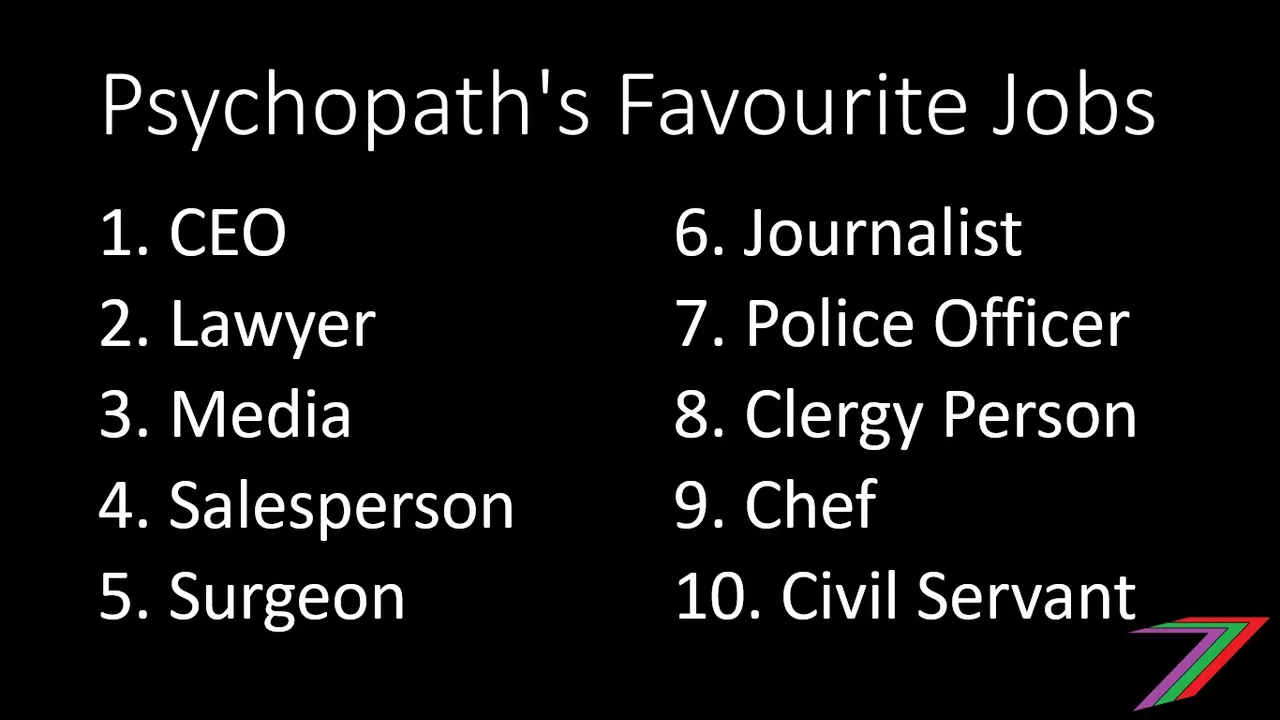
Source: cdc.ca
The top professions on this list (CEOs and lawyers) have a huge influence on society. CEOs influence wealth distribution and lawyers influence freedom. CEOs also influence politics and exposure of candidates. Politics influences laws, which are enforced by lawyers and police officers (also on the list of preferred jobs for psychopaths). Clergy person also made the list, thus putting almost complete control of obedience enforcement in the hands of the psychopaths.
If we lived in a world without psychopaths, who would occupy these jobs and how different would their influence be?
Hierarchy
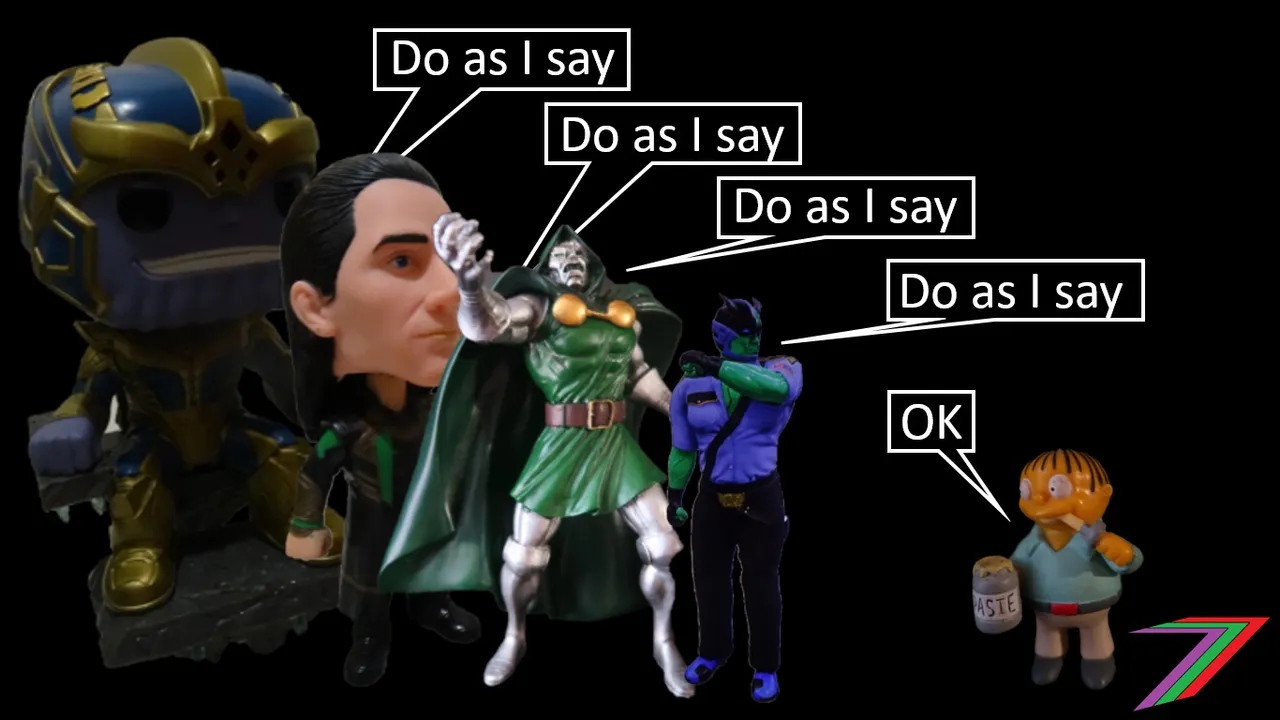
Hierarchies often operate through obedience. This is most apparent for hierarchies with very tall structures. Governments are often most attached to creating large and tall hierarchies. I previously worked in Transport and Main Roads (Queensland). This organisation had teams within units within branches within divisions within organisation with Government. There was also hierarchy within teams and units. I remember the levels of permission I needed to attend a conference. I think I needed six levels above me to sign-off. The form went from boss to boss to boss to boss to boss to boss. It just needed one boss to say no and I would not be going to the conference. This is extreme bureaucracy but also a way of life in many Government organisations.
Hierarchies are a great mechanism for the few to control the many. Each level needs to only control a few people. Imagine an organisation with a hierarchy of 6 levels and at each level one person is in charge of just 10 people. The person on top would have control of 111,110 (1+10+102+103+104+105) people. The hierarchy also compartmentalises people and information. This prevents anyone outside the top two levels understanding the full picture. This also makes it difficult for any coordinated disobedience.
Big business rules the world
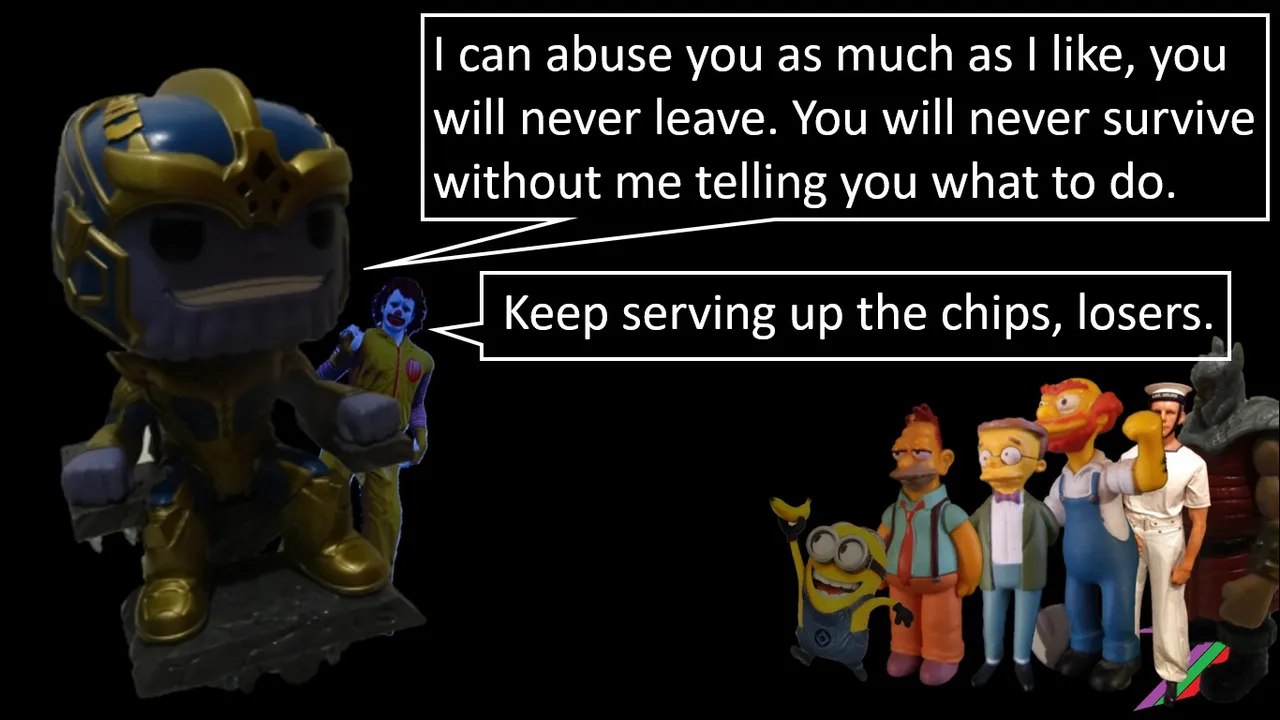
A culture of obedience could be an important factor in the dominance of big business. People choose to work for someone else rather than establish their own businesses as obedience is considered a natural part of life. A more adverse reaction to obeying would likely encourage more people to become entrepreneurs. Entrepreneurship has its risks but it enables people to take control over their own lives. Working for an employer greatly strips a person of freedom and makes them more detached from the jobs they do.
1984 and Brave New World

The books/movies '1984' and 'Brave New World' depict dystopian worlds where people are completely controlled and have no freedom. Obedience is required in every aspect of life. The book '1984' depicts a world where the Government controls every aspect of life and people live in great fear of doing anything that is not in direct compliance with the Government. 'Brave New World' takes an alternative approach where everyone in society constantly monitor and control each other. It is a kind of self-imprisonment where we have become our own controlling authority.
I see the world we live in, moving towards a blend of these two books storylines. Governments are gaining more power and authority through fear mongering and manipulation (1984 approach). At the same time, people are perpetuating and enforcing laws passed down on each other. The hierarchy structures keep information and feedback restricted and contained (Brave New World approach).
What can we do?
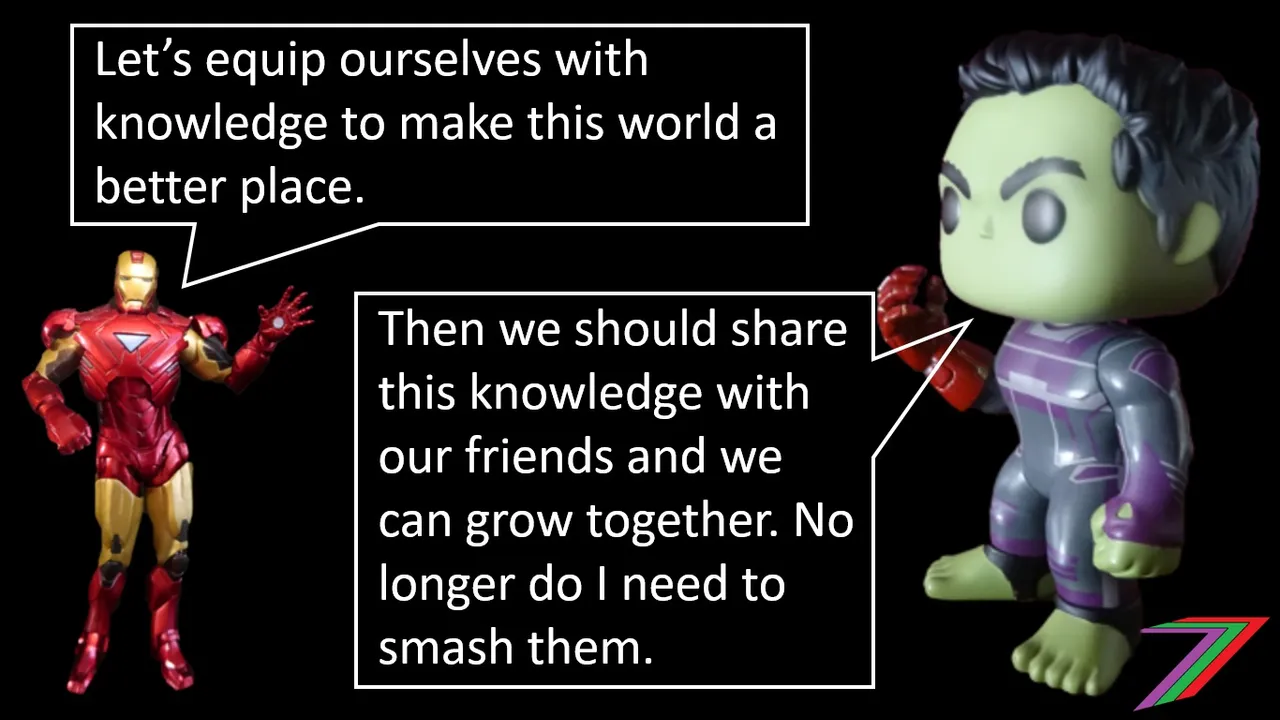
Deliberate disobedience is not the answer. Many laws and rules support good objectives. Breaking them often means doing something bad or harmful to someone else. Most of the people in prison (disobeyers of the law) are not locked away because they refused to commit genocide. Most of them have done harm to someone else.
Trust in the Lord with all your heart and lean not on your own understanding; in all your ways submit to him, and he will make your paths straight (Source: Proverbs 3:5-6)
The answer involves acquiring knowledge and wisdom. In other words, the exact opposite to the words found in ‘Proverbs’. We need to take responsibility for our actions. We need to make decisions based on our knowledge and wisdom. When we are uncertain, we should seek advice and guidance. We should not blindly follow laws, instructions, rules, etc. There are consequences for disobedience. However, the consequences of obedience can be far greater.
Isn’t obedience necessary for the world to function?
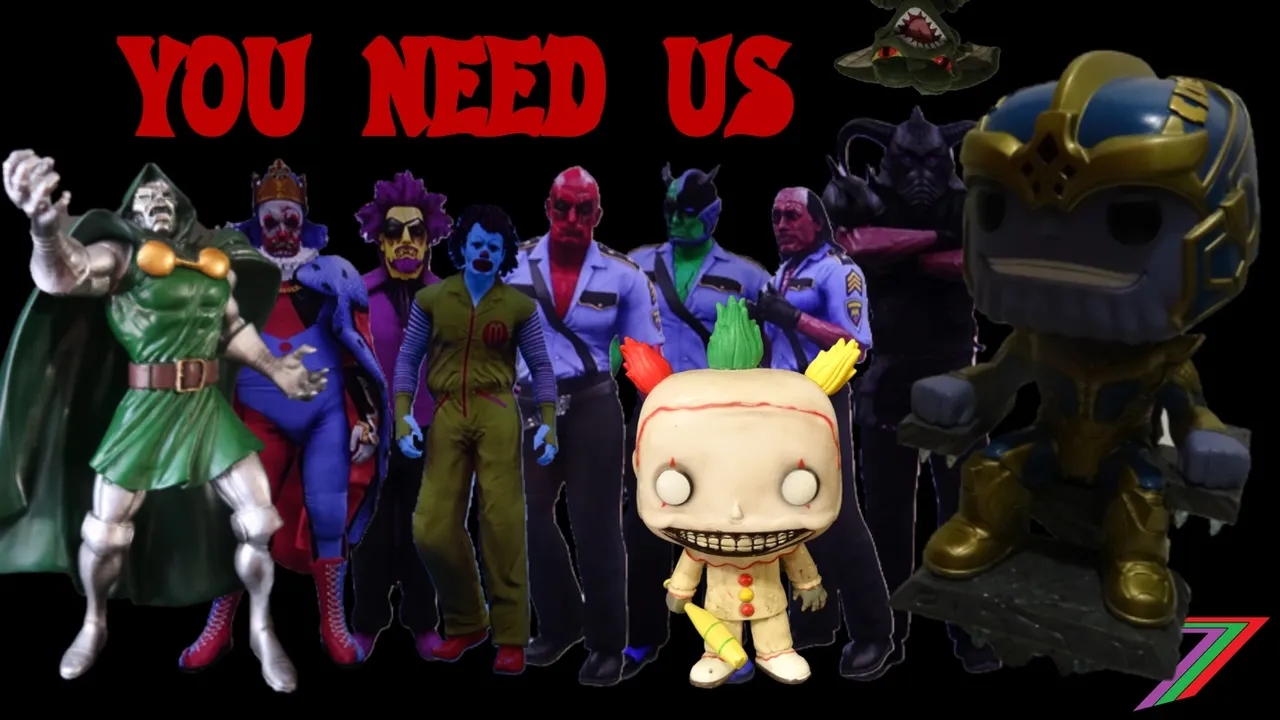
What would happen in a world where nobody felt compelled to obey anyone? Would there be chaos and disorder? Would society collapse and be unable to function? Would alternative structure form? Would groups of authority always form, thus forcing others to obey them? I cannot answer these questions, as we have no examples in modern history of successful sustainable anarchy on any large scale. Is a system that relies on obedience a necessary evil? I believe the answer is no. However, an alternative needs to rise to replace it. More people need to become aware that they can take control over their own lives. Eventually a critical mass will form, the existing system of obedience will collapse, and something else will form in its place. We can all play a role in forming that something else.
Quick Summary
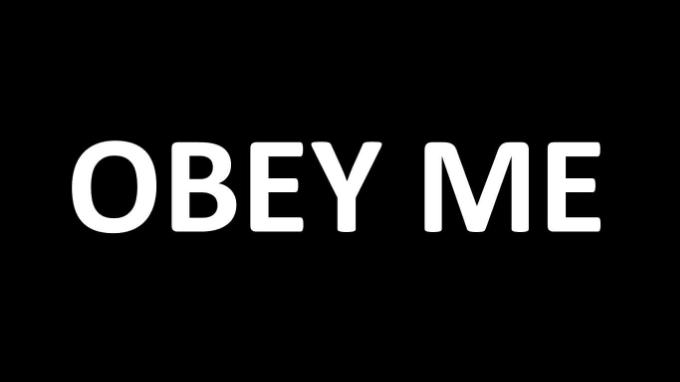
We live in world dominated by obedience. There are parents that expect obedience from their children. Most schools require children to follow rules and obey a code of conduct. Many religions emphasise obedience to a higher power in order to be rewarded in the afterlife. Governments make laws that the citizens must follow or else be thrown in prison. Employers make rules that employees must follow or risk loss of income. Everywhere we go, we encounter more rules and regulations that we are required to obey.
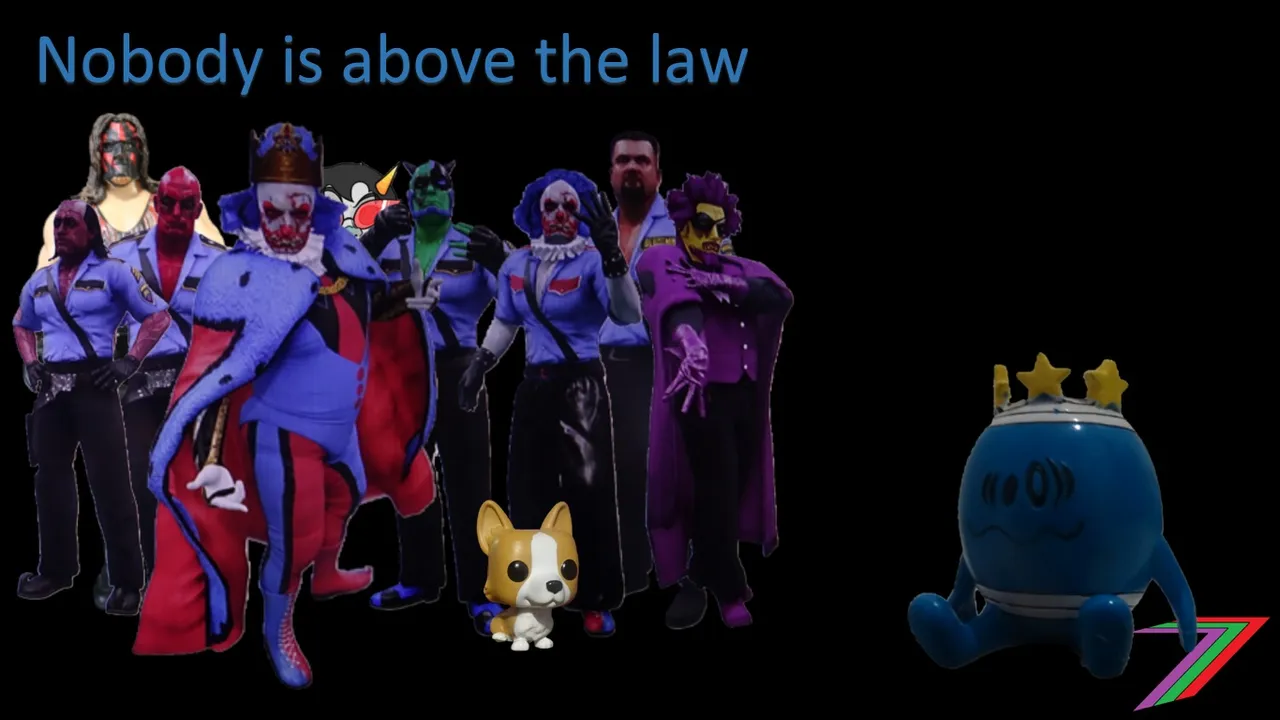
People obey because they are either afraid of the consequences of disobeying or believe they have some moral obligation to follow the rules of others. The reality is, we are putting our decisions and our lives in the hands of the few psychopaths that pretend to care about our interests but instead seek power and wealth.
More posts

If you want to read any of my other posts, you can click on the links below. These links will lead you to posts containing my collection of works. These posts will be updated frequently.
New Economics Udemy Course
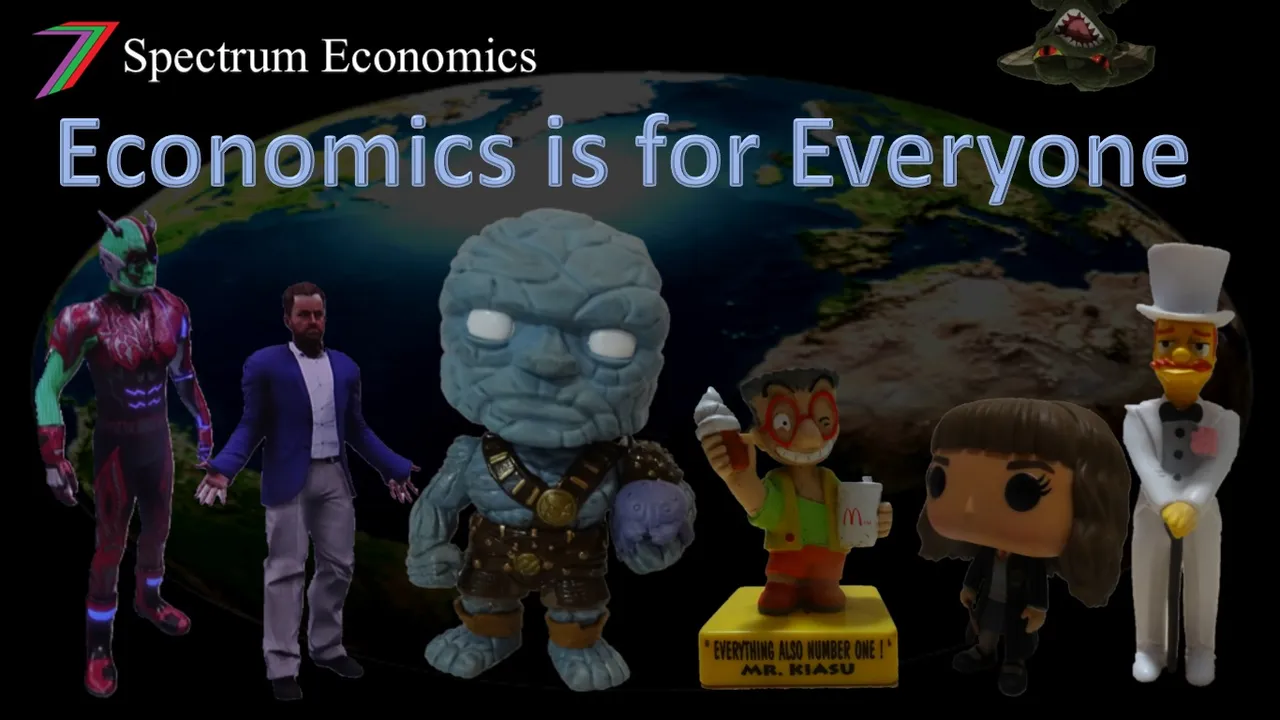
I have launched my first Udemy course ‘Economics is for Everyone’. The course focuses on how economics affects everyday people, the decisions they make and how they interact with the world around them. The course contains 24 video lectures (about 4 hours of viewing), 64 multiple-choice questions (3 at the end of most lectures), 32 downloadable resources (presentation slides, additional notes and links to relevant Steem posts), and 2 scenario questions. The course is currently free-of-charge. Click the link above to access the course.
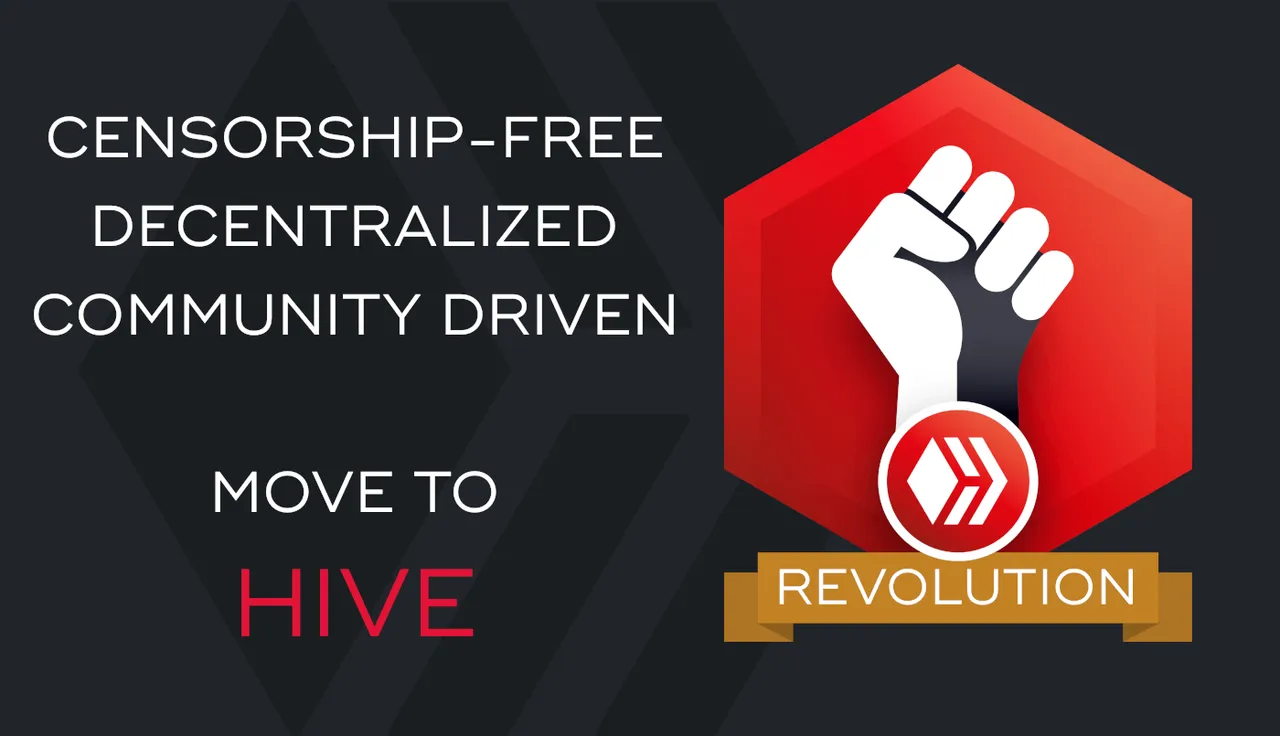



Steem - The Future of DApps




